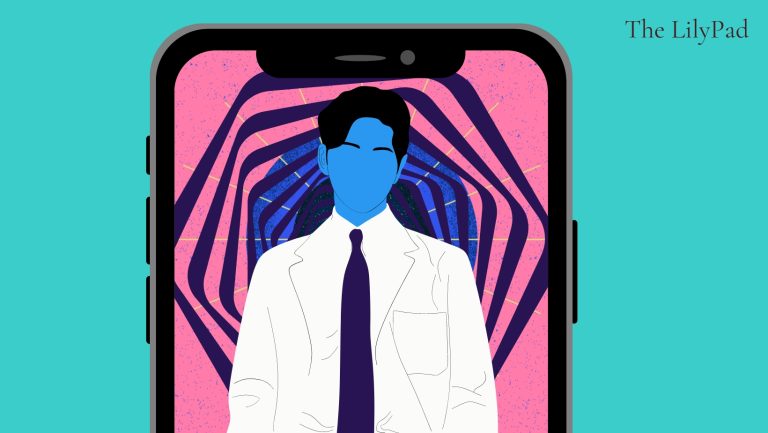Did you know that your body requires alkaline water to be healthy since any other type would change the internal pH levels? No? Because it does not. This is simply one of the many false medical tiktoks spread online, with this specific one claiming that one brand of water is the only one capable of sustaining healthy pH levels.
We are all familiar with headlines such as: “why a hot bath burns more calories than an hour of jogging” and “this detox juice will change your life”, to “you’ve been using your ears wrong” flooding our screens. In fact, according to a study conducted in 2019, 85% of the participants sought medical information on social media, and one third obtained direct diagnoses from the same platforms.
Seeking medical information online has its merits and dangers. On one hand, one can argue that it helps democratise information since it is readily available to the wider public in fun, digestible, and easy to understand formats that only take a few minutes to go through. Thus, there is no doubt that a medical tiktok is usually far more accessible than an academic paper. However, these short content videos are prone to inaccuracies partly because they are so summarised and do not give the full picture. Additionally, a study published in the Journal of Personality and Social Psychology in 2009 found that people are more likely to believe a statement when it is accompanied by a citation to scientific research and since one of the main reasons we seek information online is ease and speed of access, most of us would not fact check every reel we watch, whether it is by verifying the sources that were used (if they were referenced to begin with), ascertaining that the credibility and credentials of the presenter, or ensuring that they have no conflicts of interests such as brand deals and promotions of their own product or that of companies they work with.
One example of this last point is the infamous case of Belle Gibson, an influencer who rose to fame in 2013 by claiming to have had terminal brain cancer that she was able to cure using alternative medicine and modified diets, only for it to be proven to her millions of social media followers in 2015 that her Whole Pantry app and cure-all recipes were fake. When asked about the situation and whether or not she did have cancer, the influencer said: “No. None of it’s true.” This scandal was painfully eye opening as Gibson used the despair of many cancer patients for her monetary gain and deterred many of them from modern medicine treatments that may have helped with the prognosis.
One may ask themselves how misinformation can often sound so convincing. In his Ted talk entitled: “Disseminating Public Health Education on Social Media the Right Way” , Varun Aitharaju asserts that the reason false information is easy to believe is because it provokes a reaction that makes it memorable. Videos circulating in the internet are often “clickbait-able” they are intended to be shocking, funny, or repulsive which makes the person more likely to keep watching, remember what they watched, and also share it with others, thereby spreading the content like wildfire.
One example of such a powerful title is the “measles vaccine cause autism” that made the headlines based on the “Ileal-lymphoid-nodular hyperplasia, non-specific colitis, and pervasive developmental disorder in children” 1998 paper published in the Lancet by Andrew Wakefield and twelve coauthors asserting a link between the measles vaccine and autism in children. Although this paper has since been retracted, parents across the world refused to have their children vaccinated against measles, which has been linked to the outbreak in the UK in 2008 and 2009 as well an increase in cases in the US and Canada. Appallingly, two decades after its publication and subsequent retraction, this paper was still linked with vaccine hesitancy, especially among parents of children with autism, during the covid 19 outbreak, showing a living example of how easily misinformation spreads and how difficult it is to eradicate.
In conclusion, while information is now more democratised than ever and is more accessible both in format and content, it is also more necessary than ever to be careful with the credibility of the data we expose ourselves to. Ensuring the influencers we follow are unbiased, fact proofing the information they present, and being cautious before sharing or acting on their advice are all steps that would go a long way in protecting ourselves and those around us.

